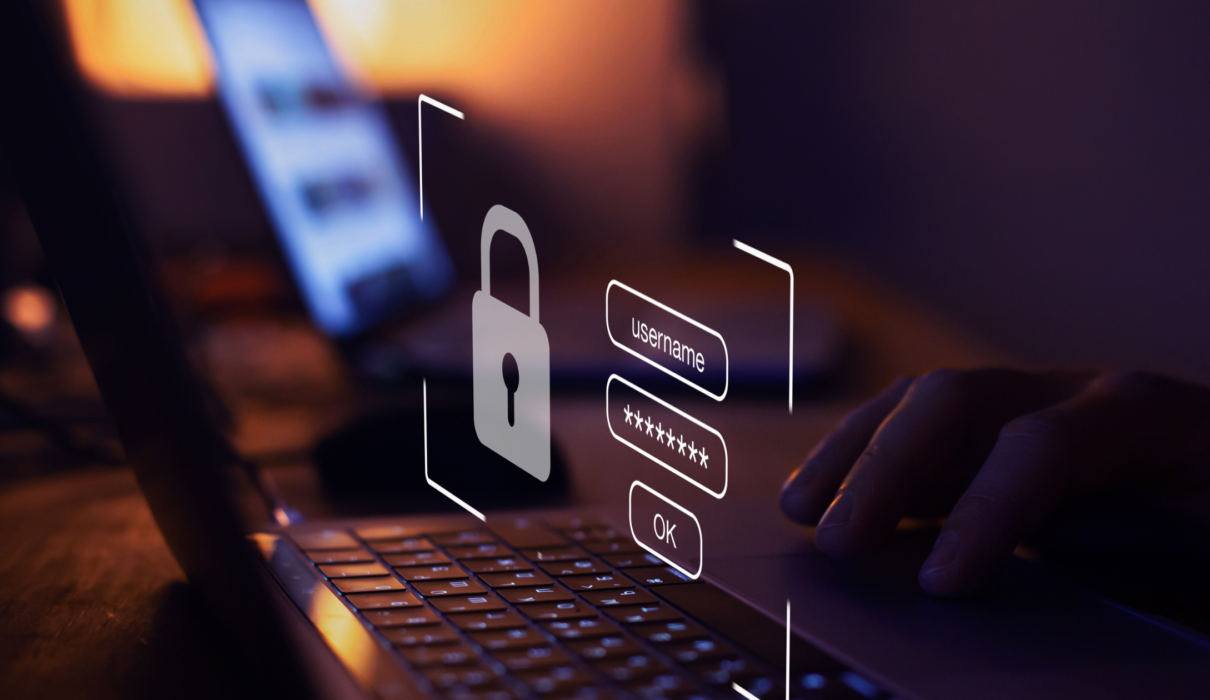In today’s digital age, where data is the lifeblood of businesses and organizations, the importance of data security cannot be overstated. With the increasing adoption of Software as a Service (SaaS) solutions, organizations are migrating their data to the cloud to streamline operations and enhance collaboration. However, this transition raises critical concerns about data security. In this article, we will explore the vital aspects of data security in the cloud and how to ensure trustworthy SaaS practices that safeguard sensitive information.
The Evolution of Data Storage: Embracing the Cloud
The traditional model of on-premises data storage has given way to cloud-based solutions for numerous reasons, including scalability, cost-efficiency, and accessibility. SaaS applications like Dropbox, Google Workspace, and Salesforce offer tremendous benefits, but they also introduce unique security challenges.
The Importance of Data Security in SaaS
1. Protecting Sensitive Information
With sensitive data stored in the cloud, including customer information, financial records, and intellectual property, the stakes are higher than ever. Ensuring robust security measures is paramount to safeguarding this valuable information from data breaches and cyber threats.
2. Regulatory Compliance
Many industries are subject to strict data protection regulations such as GDPR, HIPAA, and CCPA. Failure to comply with these regulations can result in severe legal and financial consequences. Trustworthy SaaS practices are essential for maintaining compliance.
3. Business Continuity
Data loss or unauthorized access can disrupt operations and damage a company’s reputation. A comprehensive data security strategy ensures business continuity and protects brand integrity.
How to Ensure Trustworthy SaaS Practices for Data Security
Ensuring trustworthy SaaS practices involves a combination of technology, policies, and employee training. Here’s a step-by-step guide:
1. Choose Reputable SaaS Providers
Start by selecting SaaS providers with a track record of strong security measures and transparent practices. Research their security certifications, data encryption standards, and data breach response protocols.
2. Implement Strong Access Controls
Enforce strict access controls by setting role-based permissions. Only authorized personnel should have access to sensitive data, and multi-factor authentication (MFA) should be mandatory.
3. Encrypt Data at Rest and in Transit
Data should be encrypted both when stored in the cloud and when transferred between devices and servers. Ensure that your SaaS provider offers encryption as a standard feature.
4. Regular Security Audits and Testing
Regularly assess your SaaS environment through security audits and penetration testing. Identify vulnerabilities and address them promptly to mitigate risks.
5. Employee Training and Awareness
Invest in comprehensive training programs to educate employees about data security best practices. Human error remains a significant factor in data breaches, so a well-informed workforce is crucial.
6. Data Backup and Recovery Plans
Have robust data backup and recovery plans in place. Regularly back up your data and test your recovery processes to ensure data availability in case of incidents.
7. Incident Response Plan
Develop a clear incident response plan that outlines steps to take in case of a data breach or security incident. A swift and coordinated response can minimize damage.
The Human Touch in Data Security
While technology plays a pivotal role in data security, the human touch is equally critical. Real human vigilance and decision-making are essential for staying one step ahead of evolving cyber threats.
1. Contextual Awareness
Humans can analyze situations and identify anomalies based on context. Security incidents often involve subtle signs that may not trigger automated alerts.
2. Adaptability
Human professionals can adapt to new and unforeseen threats quickly. They can make on-the-fly decisions and adjustments to security protocols as needed.
3. Ethical Considerations
Human judgment is essential when considering the ethical aspects of data security, ensuring that privacy and compliance are maintained while protecting the organization.
Data security in the cloud is a complex and ever-evolving challenge. While technological advancements in SaaS solutions are vital, they must be complemented by trustworthy SaaS practices and the human touch. Organizations that prioritize data security as an integral part of their operations will not only protect sensitive information but also build trust with their customers and partners. In an era where data is king, safeguarding it should be the top priority for every organization embracing the cloud.


